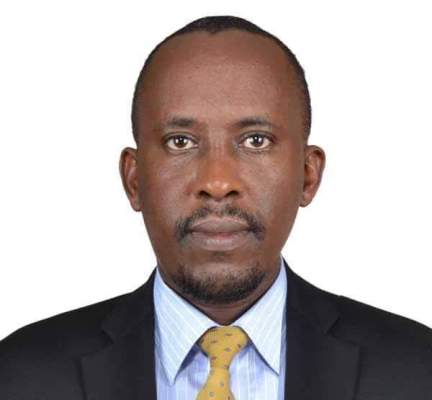A group of Civil Society have come out to throw their weight to President Yoweri Museveni’s remarks, urging Ugandans to replace eating of bread with cassava, saying Cassava is one of the crops with potential to lift Ugandans out of poverty.
Leading the praise to the President was Jane Nalunga, Executive Director of Southern and Eastern Africa Trade Information and Negotiations Institute (SEATINI) Uganda during a media workshop on the 2022/2023 national budget organised by Ministry of Finance at Africanna Hotel.
Nalunga wondered why the Ministry of Finance chose to promote 18 food and cash crops, instead of focusing on a few items that have potential of developing Uganda like cassava, arguing that although Ugandans mocked President Museveni when he urged them to drop bread for cassava, the despised crop has so much potential to lift Ugandans out of poverty.
She said that Civil Society presented before the Ministry of Finance where they proposed to government to put the little money Uganda has to where we expect to generate a higher return on income, this calling for the need to interrogate each product which government is going to promote, starting with markets for the products.
“An example of Cassava as one of the key products. In fact, when we heard the President saying cassava and people saying aahhh, how can we eat cassava? It is in one of our papers and we said that cassava is one of the products which this government should promote., it is a food security product, we eat it from the roots up to the top- the food, firewood and vegetable but then also, it is an industrial product because you can be able to make ethanol, starch and it is a key input in the pharmaceutical industry. We import a lot of starch yet we can generate it here,” said Nalunga.
It should be recalled that last month, during the Labour Day celebrations at Kololo Ceremonial Grounds, President Museveni said Africans should stop complaining about the increasing prices of wheat and its products like bread and embrace cassava eating.
The President’s remarks were received with uproar in public, with some of his critiques comparing his statement to similar remarks made by Marie Antoinette, wife to former French Leader Napoleon Bonaparte at the height of the economic crisis, which led to the famous French Revolution.
Laban Mbulamuko, Acting Director Budget at the Ministry of Finance however, defended the decision to promote 18 crops at once, arguing that Uganda has different climatic conditions that support growth of different crops, so the 18 crops will cater for all the 18 zonal regions across the country.
He said, “We need to appreciate that Uganda is endowed with many crops, but our climate doesn’t allow us to grow the same crops across. That is why we are talking about the 18 zones and we are looking at promoting these crops for our people to be able to sell and put money in their pockets.”
Government has also warned Ugandans not to use the money for the Parish Development Model to marry more women, saying the money is intended to boost the purchasing powers of the 34% people outside the money economy to produce more wealth.
Nalunga also castigated the Ministry of Finance for allocating only Shs1.2Trn for Agro-industrialisation programme, saying more funds need to be allocated to the program of industrialization if Uganda is to trade in quality products at the international market.
“I do believe we can trade our way out of poverty because we have all it takes to get out of poverty, we have the weather, crops minerals. When you look at the budget to agro-industry, agriculture on its own was almost coming to Shs1Trn but now we are combining them with industry and are getting total of Shs1.2Trn which doesn’t ogre well for trade and industry for this country. When you look at PDM it is mainly about financial inclusion and the system isn’t clear. The issue isn’t about finance. Either we produce low quality or low quantity. The budget should make sure that markets are viable, and that we are producing in line with that market,” added Nalunga.
In the 2022/2023 Shs48.1Trn national budget, the Agro-industrialisation has been allocated Shs1.269Trn which is a decrease of Shs529Bn compared to what was approved in the 2021/2022 budget.





